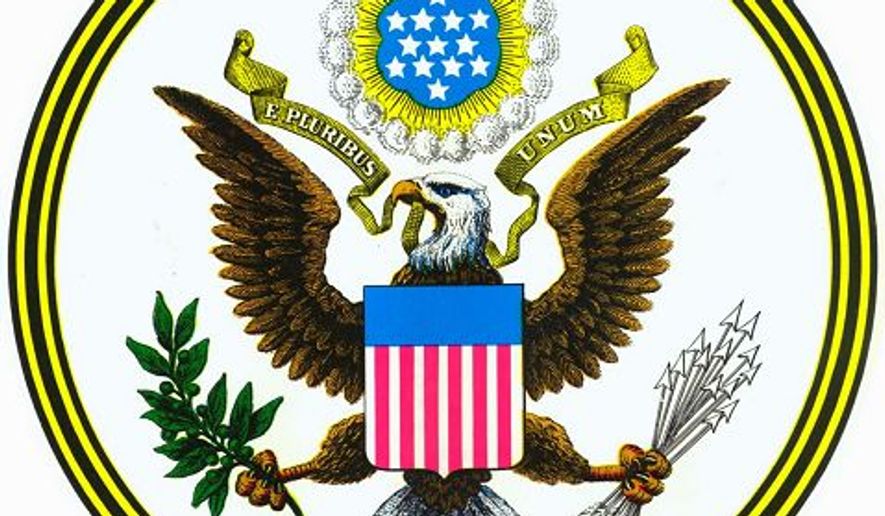State Department investigators uncovered evidence that agents working for one of the largest U.S. military contractors paid tens of thousands of dollars in bribes to Pakistani officials to obtain visas and weapons licenses, but records show the government closed the case without punishing DynCorp.
The nearly four-year investigation by the State Department’s Office of Inspector General found that in one case, DynCorp paid more than $17,000 for “facilitation” services to subcontractor Speed-Flo Filters for visas for 15 people. Typically, the visas would cost about $3,000 in total, records obtained through the Freedom of Information Act show.
In a separate deal, the company signed a contract with another subcontractor called Inter-Risk for 138 weapons licenses for $248,000, while the standard government fee is about $100 per-license, according to records.
But investigators closed the case after deciding they couldn’t prove or disprove the company had the “requisite corrupt” intent required to prove a violation of the Foreign Corrupt Practices Act (FCPA), which bars U.S. companies from bribing foreign officials.
“There was no evidence to support the allegations that DynCorp or its employees had specific knowledge of bribes paid Pakistani government officials,” an investigator wrote in a memo closing out the case last year.
Still, investigators concluded there were violations of the FCPA involving both Speed-Flo and Inter-Risk, both of which are based in Islamabad. Attempts to reach both companies were unsuccessful.
While documents obtained by The Washington Times are highly redacted, the inspector general’s office report on the case refers to bribes paid to Ministry of the Interior officials “to obtain weapons licenses for DynCorp.”
In a separate interview, according to the report, an unnamed source told investigators that a representative of Speed-Flo had paid bribes to Pakistan government officials at the Pakistan consulate in Dubai to get visas for DynCorp employees on three separate occasions in 2009.
But the source refused to identify the person, the report suggests.
The Justice Department’s fraud section declined to prosecute or pursue civil charges based on the findings, which the IG’s office referred to State Department for possible debarment proceedings against Speed-Flo and other entities or individuals whose names are redacted in the report.
However, the State Department’s Office of the Procurement Executive decided against taking action, too.
The office, which is charged with protecting taxpayers by suspending or debarring contractors deemed not responsible, told investigators that there wasn’t enough evidence to pursue debarring Speed-Flo or to take action against at least two other companies or individuals, whose identities were redacted.
A spokesman for the inspector general declined to comment on the debarment decision, referring questions to the State Department. While the inspector general’s office can recommend debarment, it’s up to the agency to decide whether to take action.
Inter-Risk was the subject of media reports in 2009, when The Associated Press reported that Pakistani police had raided the security firm and seized 70 “allegedly unlicensed” weapons while arresting two employees.
“Our understanding is they obtained licenses with whatever they brought into the country to meet the contractual needs,” a spokesman for the U.S. embassy told the AP after the raid.
The IG memo obtained by the Times redacts the names of those arrested, but referred to arrests made by the Pakistan Federal Investigative Agency in September 2009, which was the same time as the reported raid of Inter-Risk.
Neither DynCorp nor State Department responded to messages about the case Monday or Tuesday.
DynCorp ranks as the State Department’s largest contractor. Last week, The Washington Times reported that the State Department’s inspector general had ended an investigation into kickback allegations involving DynCorp amid concerns about whether Iraqi officials would grant investigators access to Iraqi citizens.
• Jim McElhatton can be reached at jmcelhatton@washingtontimes.com.




Please read our comment policy before commenting.